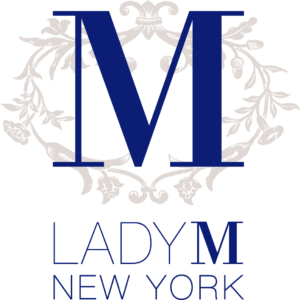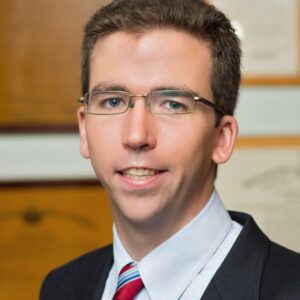Niagara University’s Albert the Great Lecture Discusses “The Cultivation of Virtue”
OCT 6, 2022 by UYEN VO

Timothy Pawl, Ph.D., a professor of philosophy at the University of St. Thomas, defines the concept of virtue during Niagara University’s Albert the Great lecture on Oct. 5, 2022.
Timothy Pawl, Ph.D., a professor of philosophy at the University of St. Thomas, kicked off Niagara University’s October Speaker Series on Oct. 5, 2022, at Dunleavy Hall with a discussion on the cultivation of virtue. The main ideas of Dr. Pawl’s lecture were the concept of virtue, the three means of virtue cultivation, and how these practices aligned with Vincentian virtues. This presentation was sponsored by the Department of Philosophy at Niagara University.
Dr. Pawl’s lecture provided students and faculty members a deeper understanding of how to practice virtue cultivation, and how a person could form virtues through the learning of traditional Christian and contemporary psychological findings.
Dr. Pawl defined virtue as a stable disposition to perform a good task excellently and said that it could be divided into intellectual virtue, moral virtue, and productive virtue depending on the purpose of the task itself. He then discussed the three practices of virtue cultivation – fasting, purity of intention, and situational self-control. He demonstrated that these practices were tied with Vincentian virtues in terms of mortification, zeal, and humility, respectively.
Dr. Pawl noted that the Catholic intellectual tradition, philosophy, and Christian moral wisdom can teach individuals how to be a more holy, better person. “And I think a neat thing is these things come together to teach you a unified theory of ways to help you grow positive and good character traits,” he said.
Dr. Pawl holds a Ph.D. from Saint Louis University in philosophy, with specialization in the philosophy of religion, metaphysics, Thomistic philosophy, analytic theology, and moral philosophy. He is the author of three books – “In Defense of Concilliar Christology,” “In Defense of Extended Concilliar Christology,” and “The Incarnation.” He also wrote more than 40 academic articles in his areas of expertise and has been featured in a series of interviews for the PBS show “Closer to Truth.”
The Albert the Great Lecture is presented by the Niagara University philosophy department and named for Albertus Magnus, who is most famous for the influence he had as the instructor of St. Thomas Aquinas, the cornerstone of the Catholic intellectual tradition.




